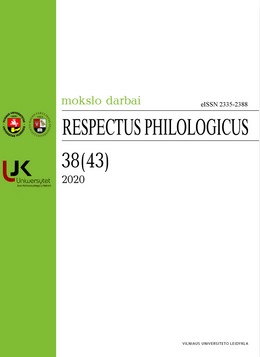Tłuste koty na złotych spadochronach – o pewnym frazeologizmie wywodzącym się z języka polityki i o jego modyfikacjach
Fat Cats on Golden Parachutes – about an Idiom Derived from the Language of Politics and its Modifications
Author(s): Dorota Połowniak-Wawrzonek, Agnieszka Rosińska-MamejSubject(s): Descriptive linguistics, Western Slavic Languages, Phraseology
Published by: Vilniaus Universiteto Leidykla
Keywords: idioms; winged words; modifications;
Summary/Abstract: Due to the influence of the language of politics, the noun phrase, tłuste koty, has become established in modern Polish language. As the research material proves, the idiom fat cats has a negative connotation in the Polish language. Most often, it refers to rich people associated with business, as well as politicians and people in power, such as legislative, executive and judicial. The analysed texts provide many modifications of the expression under analysis, e.g., wypasione pisowskie tłuste koty, tłuste koty w sutannach , tłuste koty nadziane ośmiorniczkami, tłuste koty na złotych spadochronach, lejące krokodyle łzy podczas ucieczki z pogromu kociego na Wall Street, najtłustszy i wredny kot, okrąglutki, milutki, taki kotek tłuściutki. The most important function of modification is to express a critical opinion about people in the category of fatty cats. Through modifications, it is emphasized that the earnings of fatty cats are indecently high, often unreasonable and undeserved. Sharp social opposition causes financiers and politicians to avoid being responsible for their mistakes, for dishonesty. Fat cats are also accused of greed.
Journal: Respectus Philologicus
- Issue Year: 2020
- Issue No: 38(43)
- Page Range: 101-116
- Page Count: 16
- Language: Polish

